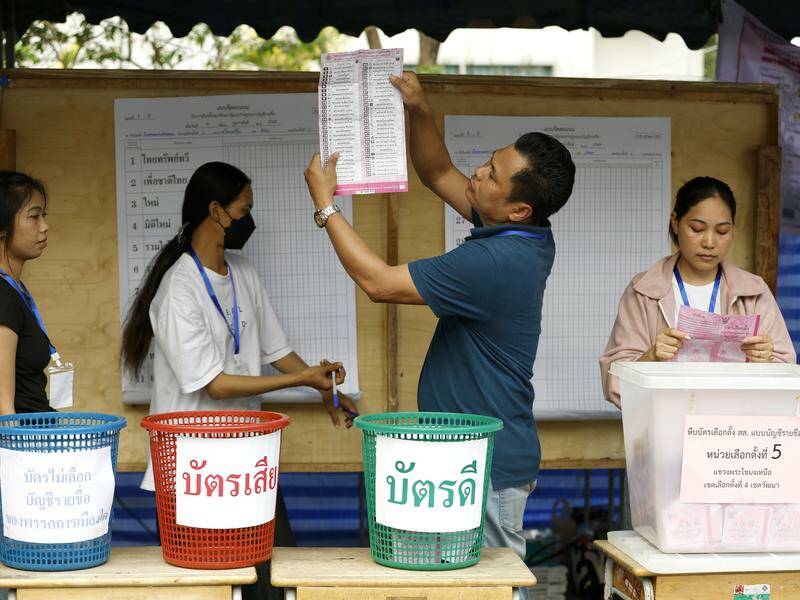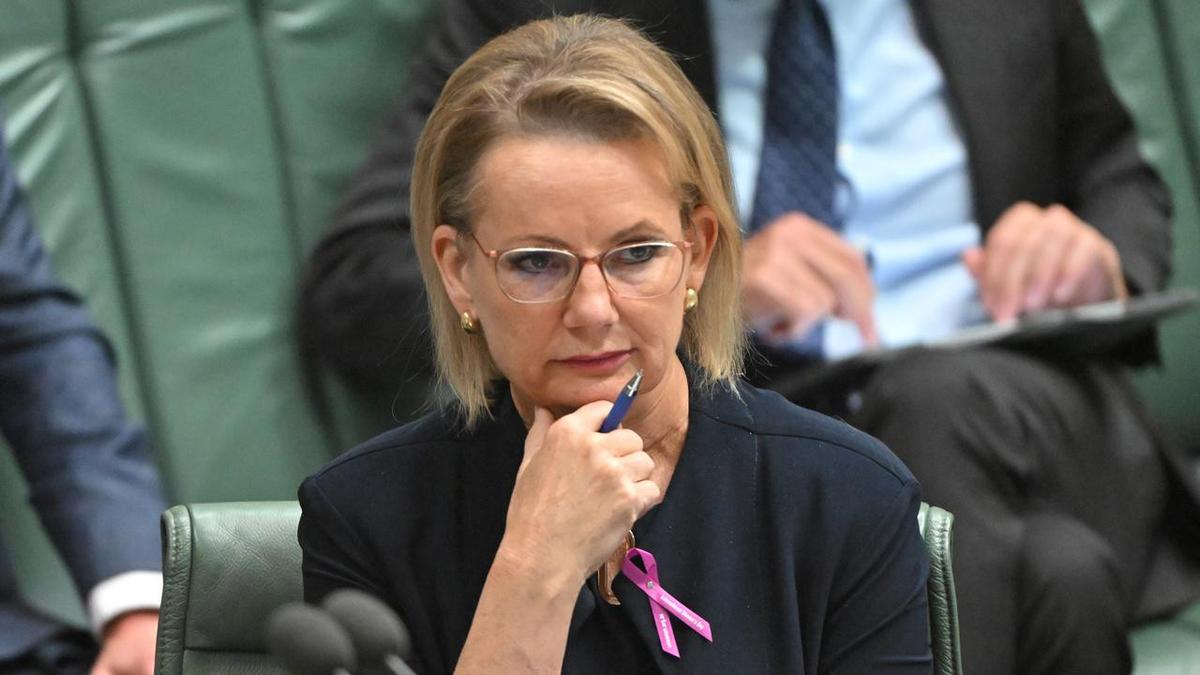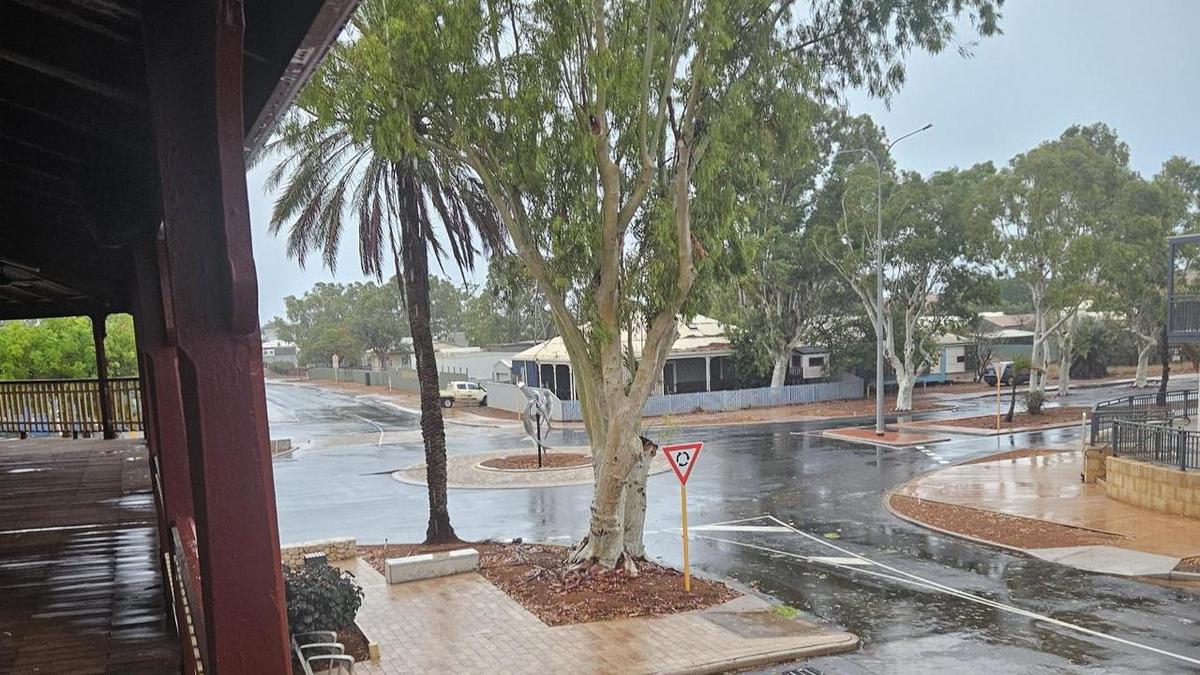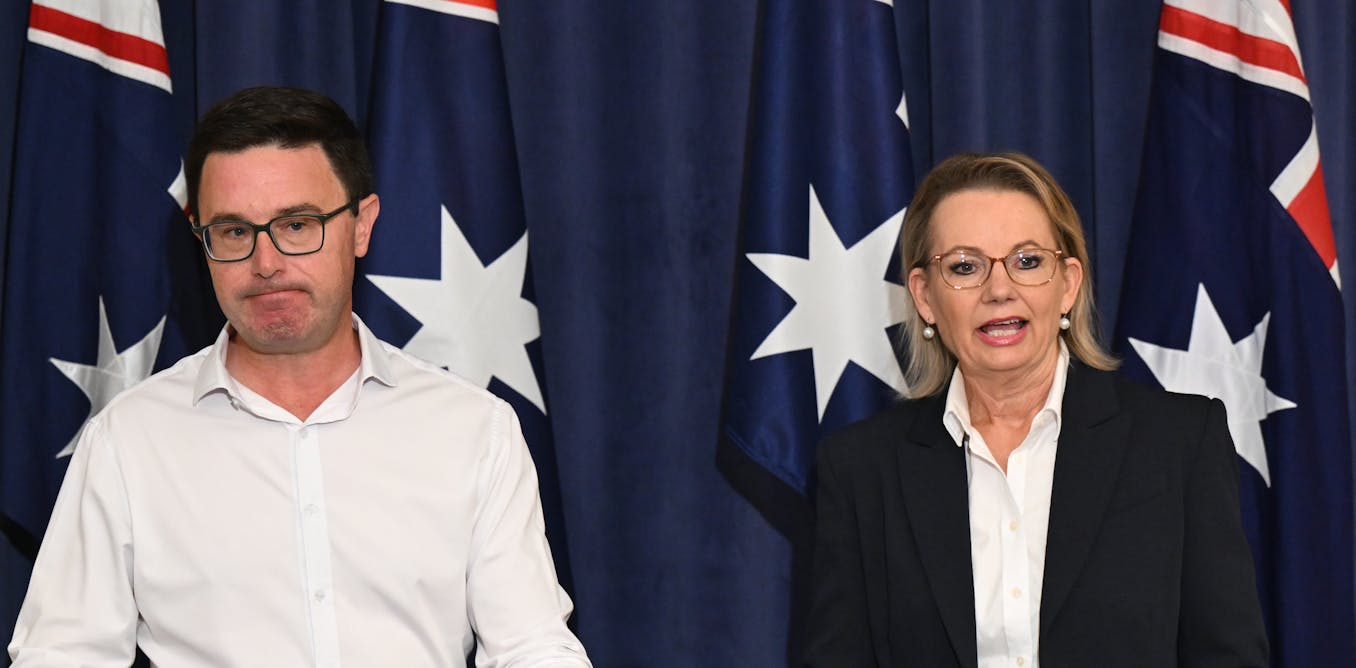
The Australian Government, led by Prime Minister Anthony Albanese, has officially recognized a Palestinian state at the United Nations, a move that has sparked significant controversy. This recognition comes amid ongoing tensions following the events of October 7, when attacks by the Hamas militant group resulted in numerous deaths and kidnappings in Israel. Critics argue that this decision undermines Australia’s position on terrorism and the ongoing hostage crisis.
The recognition of Palestine occurs while 48 Israeli hostages remain unaccounted for, with many believed to be held in Gaza by Hamas. The group, which has been designated a terrorist organization by several countries, continues to exert control over the region. Observers have raised concerns about the appropriateness of this diplomatic gesture at a time when violence remains rampant and innocent lives are at risk.
In the West Bank, the Palestinian Authority (PA), led by Mahmoud Abbas, has made headlines for its controversial practices. Although Abbas has recently announced intentions to cease financial support for families of terrorists, skepticism remains regarding the PA’s commitment to genuine reform. Its long history of rejecting peace initiatives in favor of violent resistance raises questions about its reliability as a partner for peace.
Critics of the recognition include various political figures and commentators who argue that rewarding what they perceive as terrorism sends a troubling message. The PA’s lack of authority in Gaza complicates the situation further, as the territory is primarily governed by Hamas. This division raises doubts about whether any diplomatic efforts can yield meaningful results in the current climate.
While the Albanese Government’s decision aligns with a growing trend among some Western nations, including the United Kingdom and Canada, the implications of this recognition are hotly debated. Earlier, Hamas leader Ghazi Hamad framed the recognition as a response to the violence of October 7, which adds to the sense of moral confusion surrounding the issue.
In a statement, the Albanese Government emphasized the importance of supporting peace initiatives. However, many Australians feel uncomfortable with their government effectively rewarding violence and suffering. The actions of Hamas, which has reportedly used civilians as human shields, have contributed to the ongoing humanitarian crisis in Gaza. The broader question remains: how can a stable and peaceful future for the Palestinian people be discussed while Hamas continues its violent campaigns?
With the hostage situation unresolved, many believe it is premature to engage in discussions regarding statehood and governance. The focus, they argue, should remain on securing the release of hostages and addressing the immediate threats posed by extremist groups.
As international attention turns to the Middle East, the implications of Australia’s recognition of a Palestinian state will continue to unfold. The call for a balanced and just approach to the Israeli-Palestinian conflict remains a pressing issue, with many advocating for a renewed focus on dialogue and peacekeeping measures. The road ahead may be fraught with challenges, but the hope for a lasting resolution persists among those committed to a peaceful coexistence.






